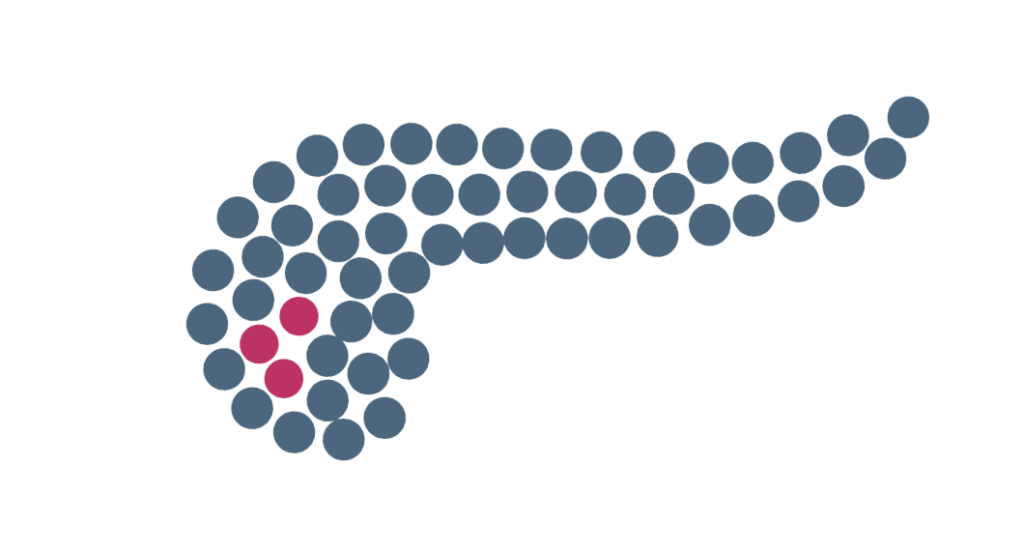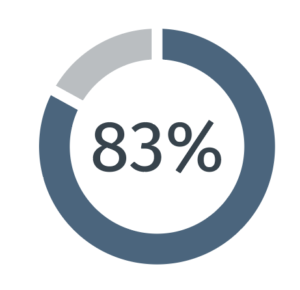Pancreatic Cancer often goes undetected, without any noticeable symptoms,
until it has spread beyond the pancreas and is difficult to treat
It's estimated that 66,000 Americans will
die this year from Pancreatic Cancer

BT-Reveal is a first-of-its-kind blood-based test
that enables at-risk individuals to be able to catch
their cancer early without the cost and side effects
associated with MRIs and other methods

This non-invasive, life-saving test is able to
successfully catch 83% of pancreatic cancers,
including cancers in Stage 1 and 2
Who is the test for ?
There a number of different types of genetic and clinical conditions that can influence
whether somebody is at high risk to develop pancreatic cancer, these include:
First-degree relative with:
- – Pancreatic Cancer
- – Breast Cancer
- – Ovarian Cancer
- – Prostate Cancer
- – Colon Cancer
Known Genetic Risks:
- – Hereditary Pancreatitis
- – Lynch Syndrome
- – Familial Atypical Melanoma
- – Li-Fraumeni Syndrome
- – Peutz-Jeghers Syndrome
- – Hereditary Pancreatic Cancer
Clinical Conditions, including:
- – Pancreatitis
- – Pancreatic Cysts
- – Unexpected weight loss
- – High Levels of CA19-9
- – Perplexing digestive issue
Adults over 50 with new onset diabetes can also be at higher risk to develop pancreatic
cancer and should also consider getting the test1
Is the Test Covered by Insurance?
The test is covered by most insurance plans.
Depending on your specific plan and your deductible, the maximum patient out-of-pocket cost for the test is $700.
There is also a Cash Pay and Pay Later options.
Please email us at Test@BTGenomics for more details or questions about coverage.
It's in your blood
The test works by looking for tumor cell-free DNA that gets released in to your blood by cancer cells.
These tumor DNA segments have unique signatures that are specific to pancreatic cancer and
can be detected even in tiny concentrations.
Learn more about how the test works
Find out how to order the test
Recommendations:
There is currently a debate whether diabetes is either a risk factor or a symptom of pancreatic cancer.
Research suggests that pancreatic cancer is more likely to occur in people with diabetes.
Of particular concern is new onset diabetes in adults over 50 – for some of these patients their diagnosis of diabetes may actually be an early sign of pancreatic cancer. A sudden change in blood sugar levels in people with long-standing diabetes can also be a signal of the presence of pancreatic cancer.
In their most recent clinical practice guidelines, the American Gastroenterology Association (AGA) recommends that the diagnosis of diabetes in a high risk individual should lead to screening for pancreatic cancer and the shortening of the interval period of testing if the individual is already enrolled in a dedicated screening program.1
Reference:
1Aslanian HR, Lee JH, Canto MI. AGA Clinical Practice Update on Pancreas Cancer Screening in High-Risk Individuals: Expert Review. Gastroenterology. 2020 Jul;159(1):358-362. doi: 10.1053/j.gastro.2020.03.088. Epub 2020 May 19. PMID: 32416142.f


